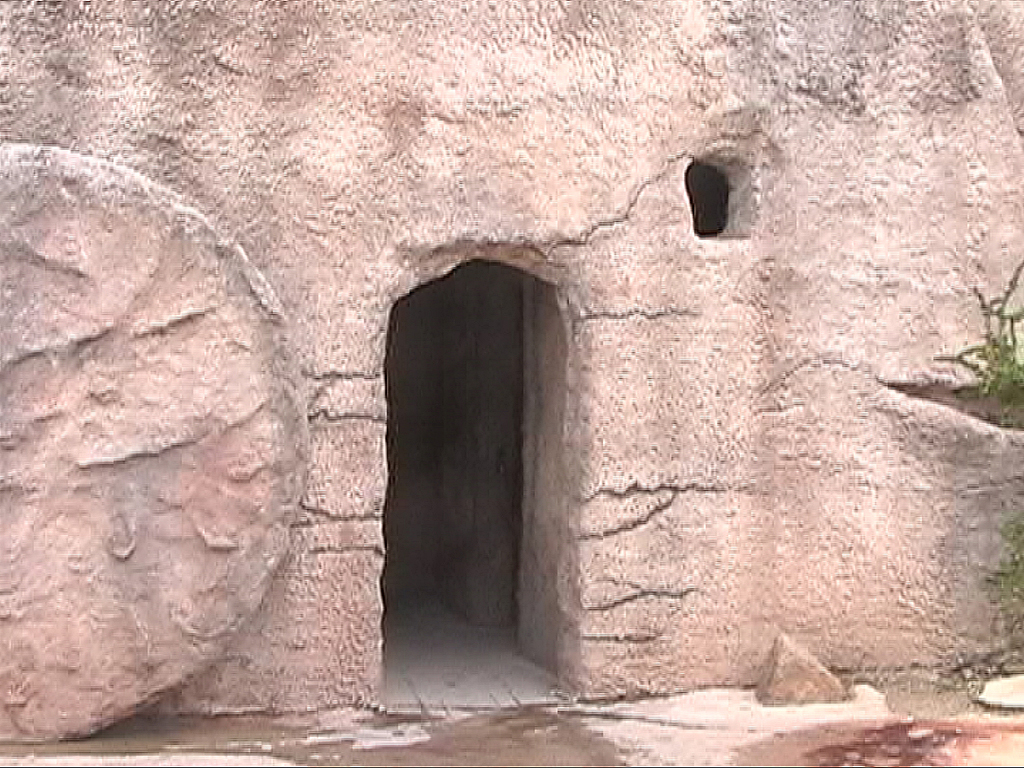Sermon given by Revd Sue McCoan 5th Jan 2025
Isaiah 60: 1-6 ; Matthew 2:1-12
Here we are, on the first Sunday of the new year. I wonder what 2025 holds in store for you? Maybe you have events to look forward to – holidays, perhaps, or family occasions, or a significant birthday. Maybe those events are tinged with sadness because someone you love is not there to share them with you. Maybe there are more daunting issues – decisions to be made, concerns about health for yourself or others. Maybe all of those things and more. And all of this in a world which seems very uncertain. I’m glad I am not required to make any predictions about this year.
So I suggest we ask ourselves a different question. Instead of thinking, what will the new year bring to us? we might ask, what will we bring to the new year? During Advent, we thought about the darkness of the world and looked forward to the light of Christ coming at Christmas. Well, that light has come, in the birth of Jesus; so now, how do we carry that light forward? How can our Advent hope and Christmas joy inform our Epiphany living?
Our two readings this morning offer some helpful insights.
Let’s look first at Isaiah.
‘Arise, Jerusalem, and shine like the sun’. Sounds lovely! But Isaiah was writing to people who were very far from wanting to rise and shine. These were people who were returning from exile. They had been taken away, when the kingdom collapsed, to Babylon – away from their homes and livelihoods, away from Jerusalem and the Temple, the heart of their faith – away from everything that mattered to them. Away, as they thought, from the love and protection of God. And the one thing that kept them going, through all that upheaval, all that emotional turmoil, was the hope that one day they would be back. One day, they would get home. One day, God would restore them to their rightful country, and to their rightful place. The image in their minds of the good old days kept them going through the current difficult ones.
Then, after some 60 years, the politics changed, the exile ended and they went back. You can imagine their great delight – and then the terrible dismay, as the reality sank in. Everything had changed. The good old days were gone. This was no triumphal homecoming and all back to normal – this was the start of the slow, steady and painstaking task of rebuilding.
What a blow. What a massive disappointment. It is to these people, these who are sorely tempted just to put their heads under the blankets and give up, that Isaiah says, Arise, and shine like the sun.
Shine, not because everything is now all right and hunky-dory; shine, because God has given you a second chance. The reason for the exile, Isaiah said, was their disobedience and turning away from God. Now they have paid the price; they have returned physically; and this is their opportunity to return spiritually too – to come back to God, to receive God’s forgiveness as a most precious gift, and to live as the people they were always called to be: the chosen people of God. The picture Isaiah paints, of sons and daughters being gathered back, of families reunited, is a wonderful image of restoration and wholeness, bringing such joy, such radiance, that other nations are drawn to the light, bringing their wealth as an offering. This is the picture they are working towards; this is the vision to keep them going, whatever setbacks they may face. Shine, then, not because life is good, but because God is good and God wants the best for you.
We can see this vision of Isaiah echoed in our second reading, from Matthew’s gospel. Here are the Magi, the wise men, drawn to the light, not yet of the whole nation but of a single star. Here are their gifts, representing the wealth of nations but give as individual items: the gold and frankincense that Isaiah mentions, representing kingship and priesthood, to which they add myrrh, for a burial spice. Here, Matthew is saying, is the vision of hope that Isaiah gave, beginning to be fulfilled; the vision that you have been working towards all this time, taking shape in our world.
Matthew is writing for Christians with a Jewish background, who had their own sense of being displaced, no longer welcome in their synagogues or by their friends and family, struggling to establish their new identity as the people of God made known in Jesus. Some of them might be facing more overt persecution. Like the earlier people of Israel, they had a daunting task; they might have been tempted to weaken. Matthew, in his opening chapters, is giving them some real substance to hold onto. This is the God who has been with you since the days of Abraham, he says in the table of ancestry, the God who has been with you through every stage of your national life, through good times and bad. This is the God who has given you visions and hope throughout the ages, through the words of the prophets – this is the God who is fulfilling that promise in Jesus and you are living in the times of fulfilment. This is the basis of your faith and you can depend on it.
The Magi make a long and arduous journey – we’re not sure where exactly they come from but certainly from another country, and any journey was arduous then. They have visited Herod’s palace and been met with bewilderment. But when they eventually get to where Jesus is, they are overwhelmed with joy.
You can depend on God. Keep going, keep following the light, and you will find joy. It’s a message for Matthew’s readers; it’s the message of Isaiah for the people of Israel; and it’s a message for us today.
We know, as those earlier people did, that life can sometimes feel like an arduous journey, that being people of faith can feel like an uphill struggle. We can feel out of step, out of place; we see people turning away from church; we wonder what difference we can make, and sometimes whether it’s even worth trying. But we have real substance to hold onto. We have the visions of the prophets, of God’s people being a light to the world. We have the example of the Magi who followed one star, and found overwhelming joy. We have the witness of the early church, where people kept sharing the gospel even though it meant trouble. Above all, we have the light of Jesus. Not a blaze of glory, not yet; the fulfilment is still in progress, the kingdom of God is still on its way. Maybe more like the light at the end of the tunnel, showing us the way, giving us hope, keeping us moving forward.
And this is our call, for the start of a new year. To put the work in, to rebuild our spiritual lives, to accept God’s forgiveness, to keep moving forward in faith. To get up, as Isaiah says, and shine, as a model of God’s love and goodness in the world. To get up and shine, so that other people might be drawn to the light. To get up and shine for others, until we see our shining reflected in them and we can shine from our own inner joy. To go on our way, like the Wise Men in the story, with stars in our eyes and God in our hearts.
Amen.






